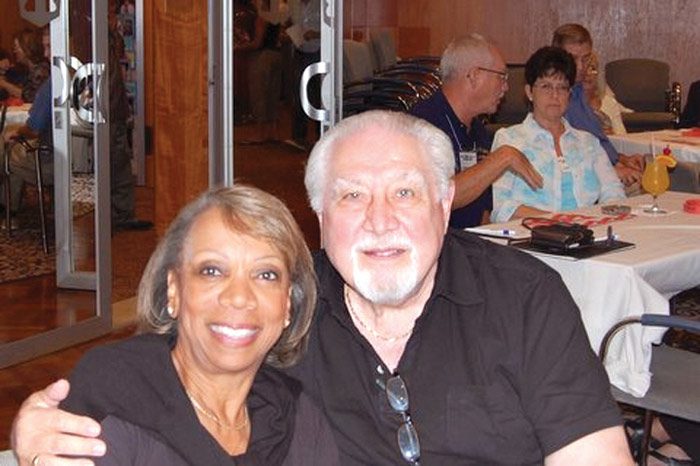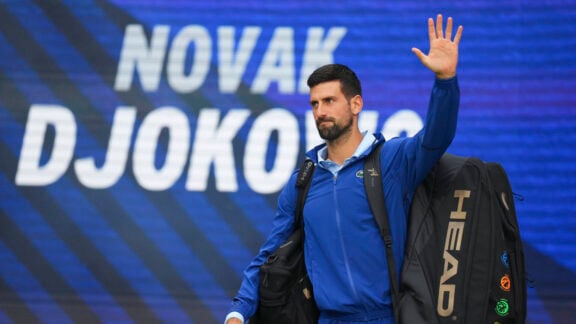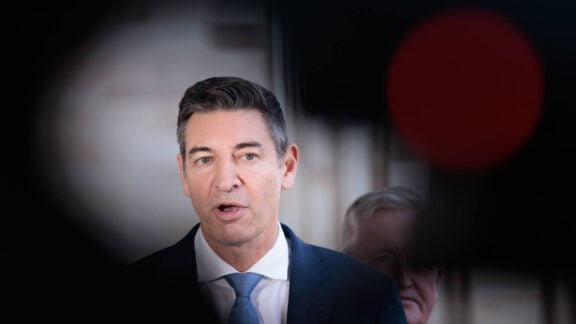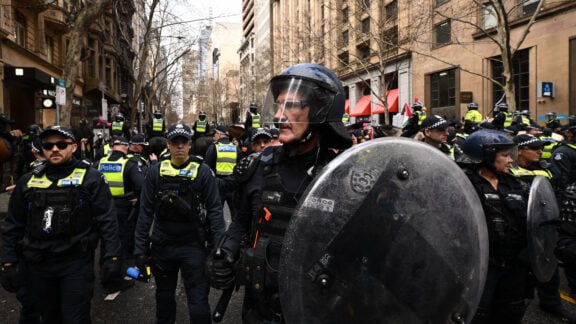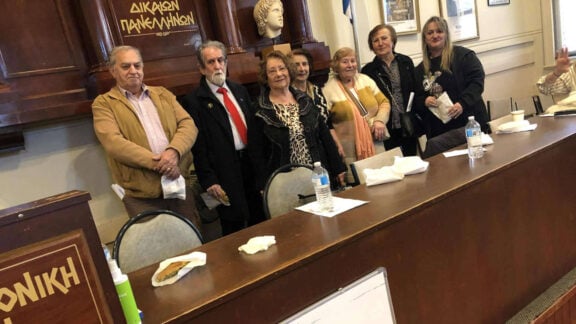As Paul Tsompanas steps through the home he and his wife, Maryann, bought on the East Bank of the Potomac River near Washington D.C., he is on his way, as it often happens, to another in an endless series of meetings – practically the local sport in the American Capitol – he enters a corridor to pause and exercise his memory as he begins his day.
On the walls hang his gallery of famous faces and famous names – a dozen or so photos of world leaders and Paul with them.
Among those in the gallery, the deposed Shah of Iran shortly before his death, Jordan’s King Hussein and Egypt’s Anwar Sadat.
Then there is former Indian prime minister Indira Ghandi and her son, Rajiv, later he also became prime minister, their frames near shoulder to shoulder with a photo of Mohammed Zia, former president of Pakistan. There is Cory Aquino of The Philippines and Japanese General Minora Genda, a member of The Japanese Diet (legislature) when Paul met him, but also an air squadron leader in the attack on Pearl Harbor.
Were there more room in the 12-foot long corridor you could find displayed several dozen or so generals and admirals, U.S. politicians, the odd movie star and a sprinkling of others not quite as high on the Christmas tree, but high enough to pose with Paul for the cameras.
The wall is something of a recitation of Paul’s career, a way of life that has carried him around the world and as he jumped professions – first, U.S. Navy officer, then newsman, leaving that after many years to join the Washington decision makers – from Congressional aide turning into a military expert for the House of Representatives.
Paul did his military service then began his career on the dusty eastern edge of New Mexico, where as the sun rises you can see the state of Texas. Though born and raised in the state of Pennsylvania, his first news job was with a small paper in the New Mexico town of Clovis.
Paul vividly remembers then, as journalists do, the first stories that put his name in the paper and on the editor’s mind, such as going on police raids of private clubs where liquor flowed strong and fast, and where Paul could get photos of Church deacons who sermonised against drinking as they sampled the untaxed devil’s brew.
After such a quick start, Paul began to move up the ladder and across the country to a new home, becoming a reporter for a large newspaper in San Diego, California. Next step: the paper’s Washington bureau as a reporter, then almost overnight as these things go, he became an aide to a Congressman. He followed that by joining the staff of the House of Representatives Committee on the Armed Services.
Paul regularly found himself on airplanes flying somewhere, then on landing, he and the politician he was herding and his clutch of experts were off to meet a government head here, that leader’s opponent over there.
His journalistic experience rose to the surface as he interviewed local officials to see how the ground lay, then prepared that ground for the onslaught of American politicians and Congressional Representatives who wanted a first-hand look at the latest place in the news that might require American attention, and probably U.S. cash and military hardware.
This process was repeated over and over, and one time the traveling circus came to Greece. Paul met then prime minister George Rallis, during a meeting with senior U.S. military officers.
Paul used “the few Greek words that I know” to say “hello” only to have Prime Minister Rallis assume he was fluent and knowing Paul’s Greek name, keep on chatting to him in Greek that Paul couldn’t understand. Paul tried to dredge up language memories heard first hand from his father, until the prime minister gently chided him when his attempt to say “good morning” wasn’t quite up to Athens’ language school standards.
Paul explains, as he told Prime Minister Rallis: “I grew up with a Greek father and an Italian mother and since neither knew the other’s native tongue we spoke only English in our home.” Paul now adds with a sigh at missed opportunity: “I could have been tri-lingual. Ah well! Tough luck.”
Travelling from one international situation into another, Paul joined a delegation to Egypt where Hosni Mubarak, was then president. Going through a long introduction line, Paul reached the prime minister, to be asked in all sincerity by Mr. Mubarak: “Are you Egyptian?”
Paul answered: “No Sir, I am Greek.” Mubarak countered, “But you look Egyptian.” It was up to Paul, who came back with this riposte: “Mr. President, aren’t we all sons of Alexander?” Mubarak reared his head back, stifled a big laugh and winked to Paul his approval.
Paul’s tangles with name identity problems go further back. After graduating from Pennsylvania State University, he first served as a Navy officer on the USS Cabildo, what the Navy calls a landing ship-dock.
Paul reported aboard just about the time a small-time Hollywood hood, Johnny Stompanato, was killed when he was attacking the movie legend Lana Turner and hearing him threaten to slice up Turner’s face, her daughter, Cheryl, jumped on him and made a neat hole in his chest with a kitchen carving knife.
Stompanato was all over the press and, for Paul’s shipmates, the name Tsompanas seemed too much for the crew to handle and he got used to being addressed as Ensign Stompanato.
Paul’s close friends to this day use that name to get a laugh from him. The corridor in Paul and Maryanne’s riverside home remains active, and Maryanne knows she might have to shuffle the photographs around the next time some Congressman or Cabinet member asks Paul to come along on an overseas trip and says, “we’ll be meeting the prime minister. Maybe you can have your picture taken.”
Bill Hartley is one of the most distinguished business journalists in print and electronic media. From 1995 to 1998, he served as Senior Business News Anchor for CNBC Asia from Hong Kong. From 1985 to 1995, he launched World Business Today in London and Business Day in New York for CNN. Earlier, from 1978 to 1983, he acted as the Bureau Chief and International Correspondent for U.S. News & World Report . And from 1963 to 1978, he held the same titles for The Wall Street Journal, working out of Singapore, Tokyo, London and New York. Bill is a graduate of Dartmouth College. He now lives in Australia with his wife Heather and works as a freelance writer.
